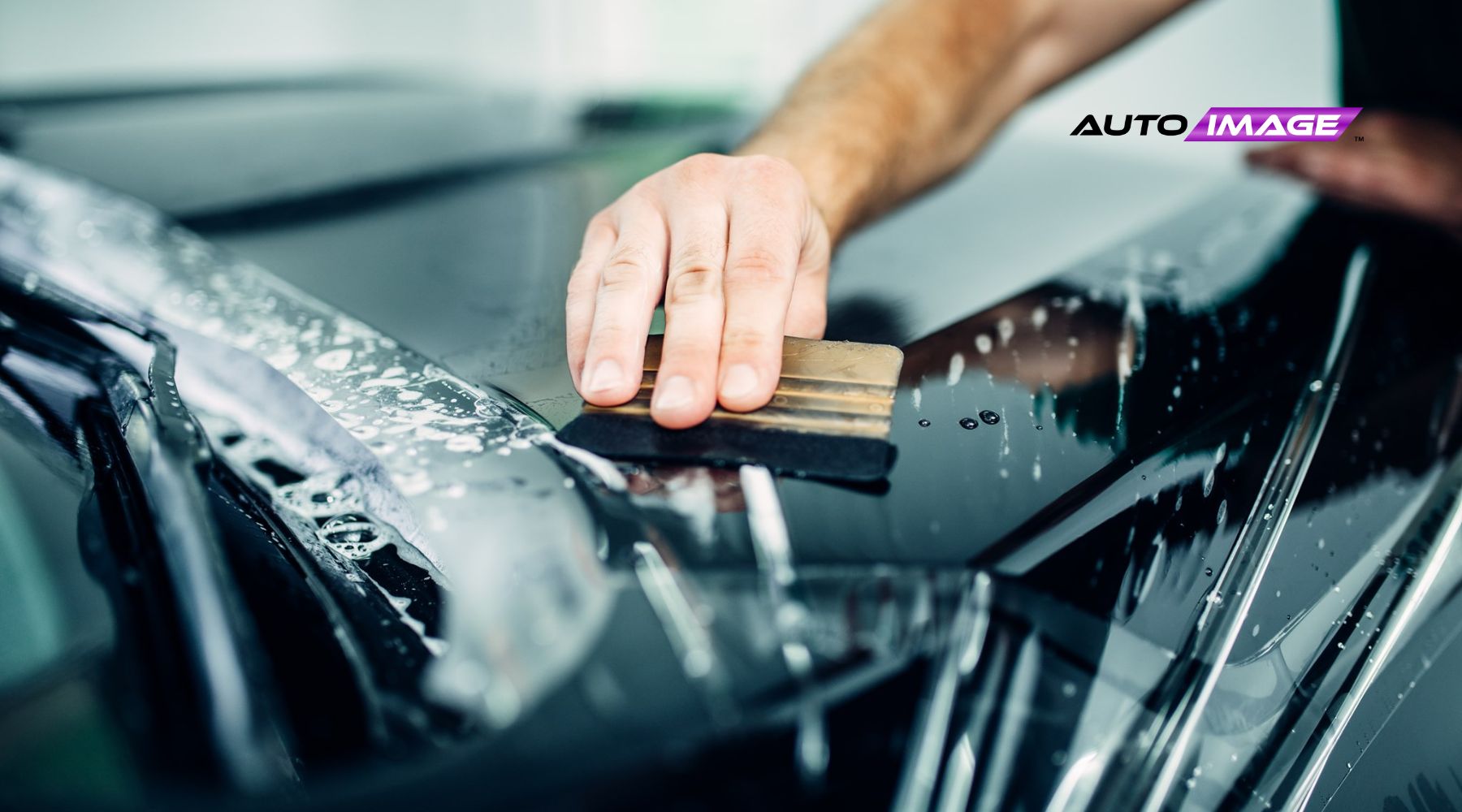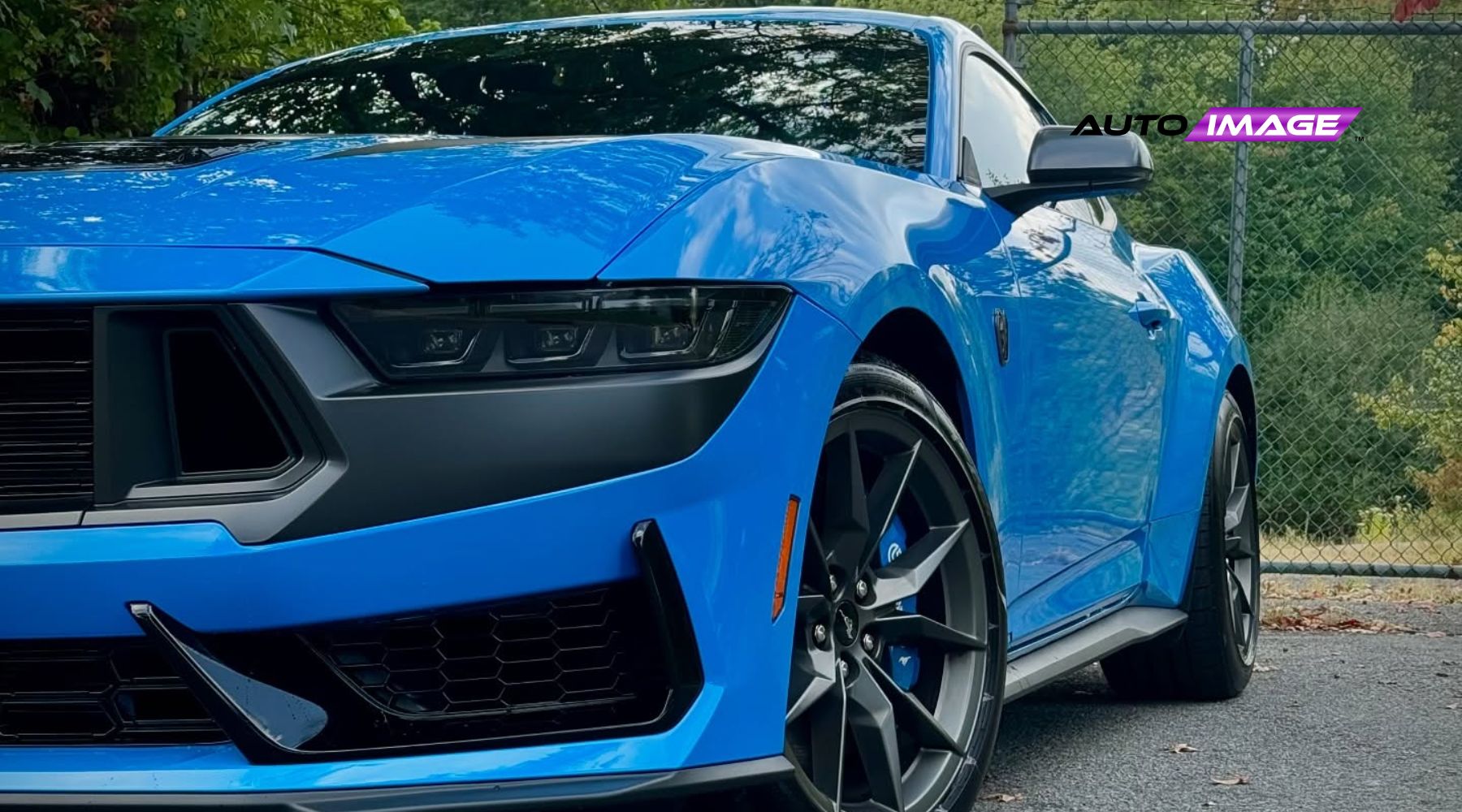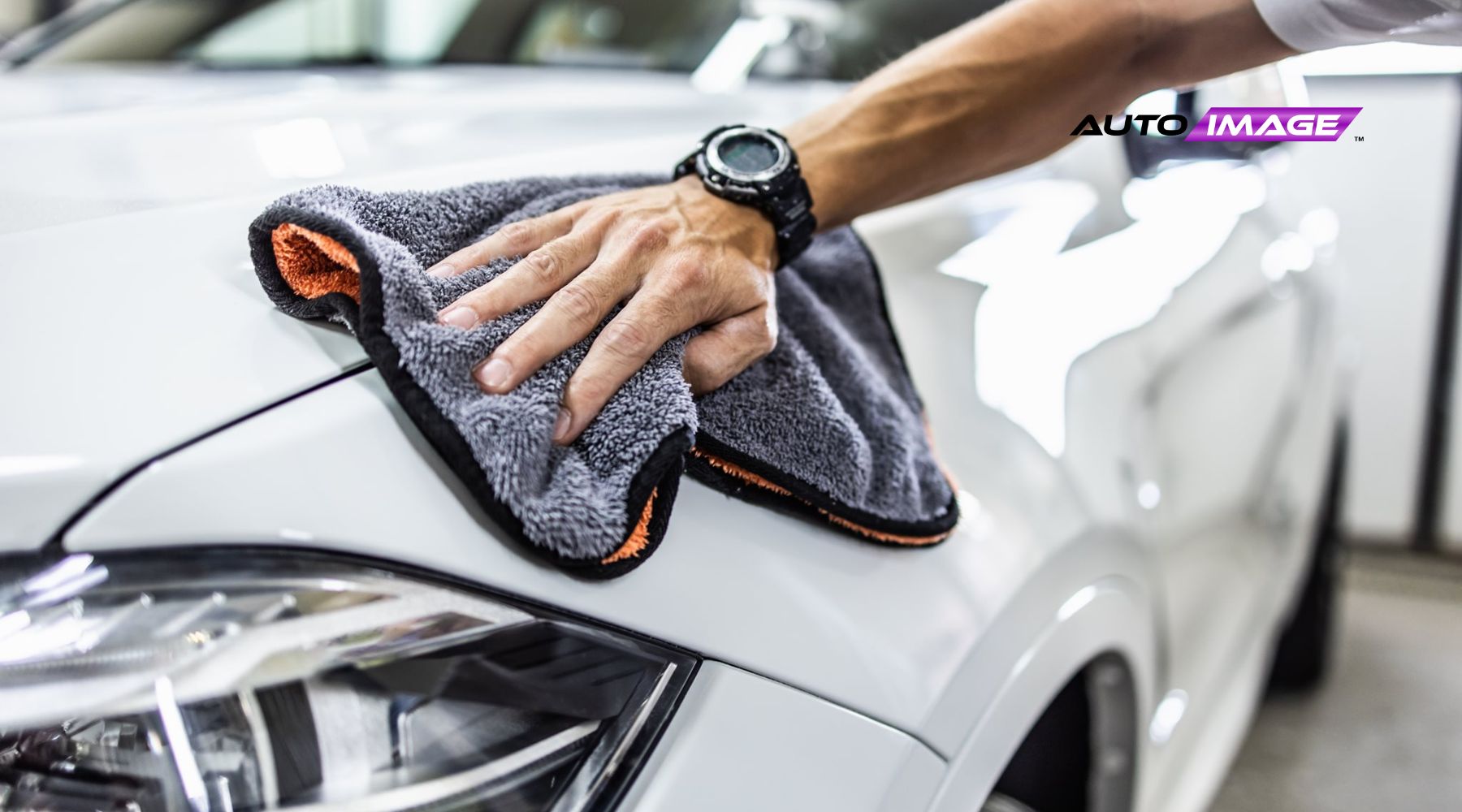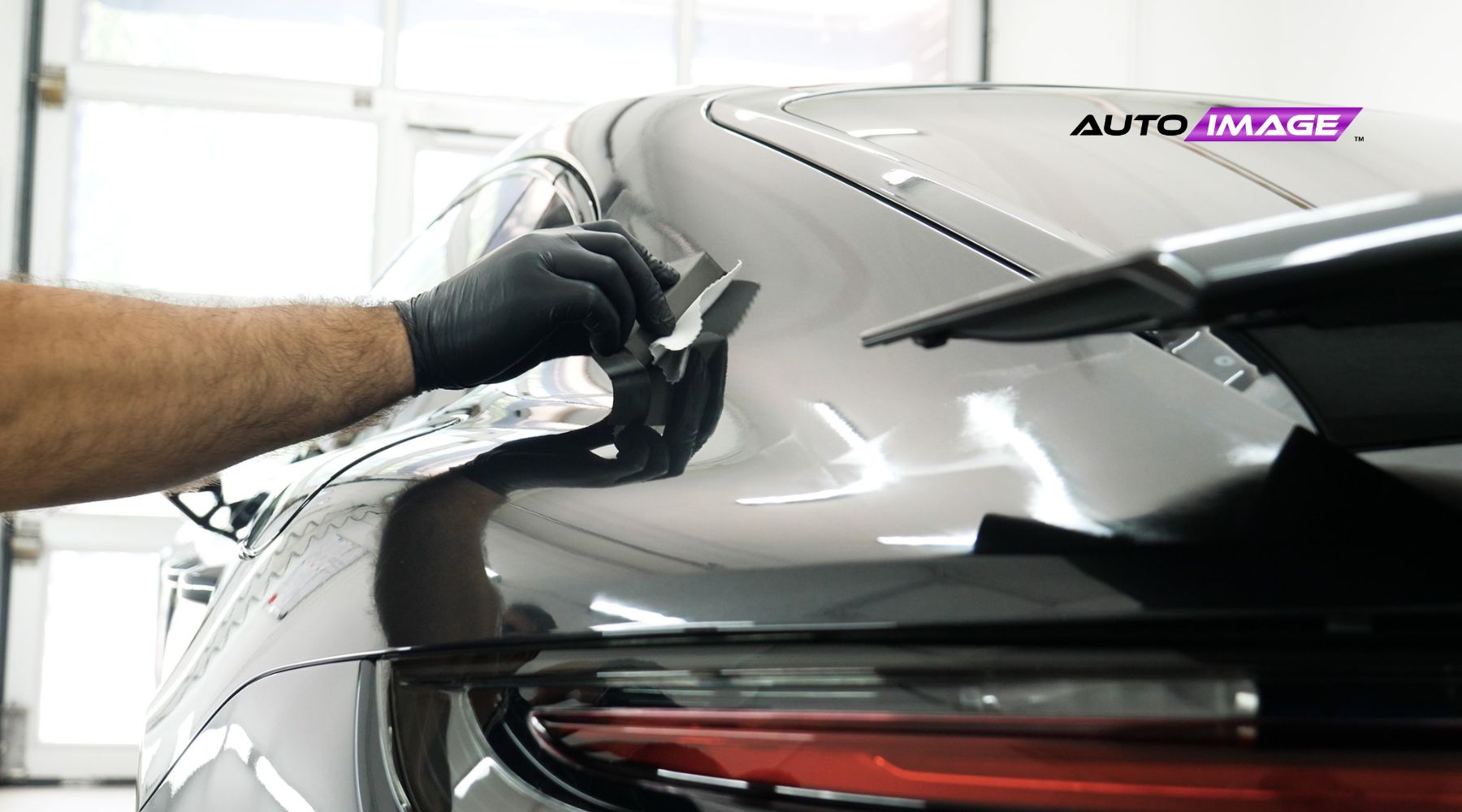Get Up to Speed on the Laws About Aftermarket Car Accessories and Customizations
Aftermarket car accessories and modifications are how drivers add a personal touch to the look and feel of their vehicles. Products like tinted windows, stereo systems, and custom wheels are just a few ways people inject some personality into their rides while elevating their functionality.
When evaluating aftermarket car accessories in New Jersey, it’s important to remember that any modification you make is subject to the laws and regulations of the state. For example, you can upgrade your vehicle with window tint installation, but only certain window tint products are legally allowable.
For clarity, we’ll explore the most recent laws and regulations in the Garden State regarding aftermarket car accessories and mods. By getting familiar with these, you will keep your vehicle street legal and avoid costly tickets.
New Jersey’s Window Tint Regulations
New Jersey’s laws on window tinting aim to strike a balance between individual preferences and road safety. Understanding the permissible levels of tint is crucial to avoid legal complications and ensure a smooth ride on New Jersey roads.
When evaluating window tint products, drivers must be conscious of VLT, which stands for visible light transmission. VLT is the percentage of light that is allowed through the window tint product.
New Jersey’s window tint laws break down as follows:
- No tint is allowed on the front windshield or front side windows.
- Any darkness of tint is allowed on the back window glass and rear side windows.
- Front and rear side windows may not have a metallic or mirrored appearance.
- The state of New Jersey does make medical exemptions for those with vision issues. For more details on that, drivers should consult with their local Department of Motor Vehicles.
- The maximum penalty for violating window tint laws is $1,000 for the first offense, with a $5,000 fine for each repeated offense.
New Jersey Headlight and Taillight Laws
The headlight and taillight laws in New Jersey are very straightforward. According to the most recent verbiage, every vehicle must be equipped with:
- Two red taillights that are visible from a distance of 500 feet.
- Two red reflectors.
- Two headlights that emit white light (no other colors allowed).
- Type 2 headlights must be mounted above or to the outside of Type 1 headlights.
- Headlights and taillights must be approved by the United States Department of Transportation.
Drivers are advised to exercise extreme caution when evaluating aftermarket car accessories that modify their lighting. The current New Jersey laws are extremely strict on this issue. If you’re wanting to change your vehicle’s lights, work with an Auto Image technician to ensure you comply with the law.
Suspension Lift Kit Laws in New Jersey
Those who are considering a lift kit for their vehicle should pay close attention to this next part. Lift kits are one of the few aftermarket car accessories that require specific documentation to be deemed legal by the state of New Jersey. Any vehicle with a lift kit or body lift kit must get an elevated vehicle approval certificate through the state.
The maximum height of the lift kit is determined by the vehicle’s gross vehicle weight rating (GVWR), and breaks down as follows:
- Under 4,501 lbs. – Max height of 7 inches above factory height
- 4,501 – 7,500 lbs. – Max height of 9 inches above factory height
- 7,501 – 10,000 lbs. – Max height of 11 inches above factory height
For example, a 2023 Ford F-150 Raptor has a GVWR of 7,300 pounds, so it can only be lifted a maximum of 9 inches. It’s strongly encouraged that drivers confirm lift-height limitations for their vehicle before applying for the elevated vehicle approval certificate and before upgrading their vehicle with a lift or body kit.
Aftermarket Exhaust System Laws
Aftermarket exhaust systems are one of the best car accessories for capturing the attention of nearby drivers, but their legal standing in the state of New Jersey makes them a proverbial cop magnet.
According to current vehicle laws in NJ, exhaust systems must be in good working order and may not emit excessive or unusual noise unless approved by the New Jersey Motor Vehicle Commission (MVC). It’s strongly advised to avoid all DIY muffler and exhaust mods lest you rack up some serious fines.
New Jersey Laws Surrounding Noise Levels
One of the most popular aftermarket car accessories in New Jersey are custom sound systems. The right combination of a high-quality head unit working in concert with aftermarket speakers, subs, and a powered amplifier brings out the best in your music. The caveat is that New Jersey sound systems must adhere to current vehicle laws pertaining to noise levels.
In August 2023, the governor of New Jersey established a new law targeting what they refer to as “boom cars” and “nuisance motor vehicles.” Essentially, any vehicle emitting sound that can be heard from 50 feet away or more is in violation and may be subject to fines and penalties.
This law doesn’t restrict drivers on the types of sound systems they purchase and have installed. You’re free to get any audio products you want; however, you must be mindful of other drivers while using them.
Select Aftermarket Car Accessories in New Jersey with Caution
New Jersey’s laws on aftermarket modifications are designed to create a harmonious balance between personal expression and road safety. Whether you’re enhancing your vehicle’s aesthetics or upgrading its performance, it’s a good rule of thumb to check the laws first before making any changes.
You can either research these yourself online, consult with your local DMV, or ask us at Auto Image, your local aftermarket car accessories dealer. Our technicians are well informed about the laws and regulations surrounding their products and auto upgrades. As long as you do your due diligence, you will avoid costly tickets related to vehicle violations.



